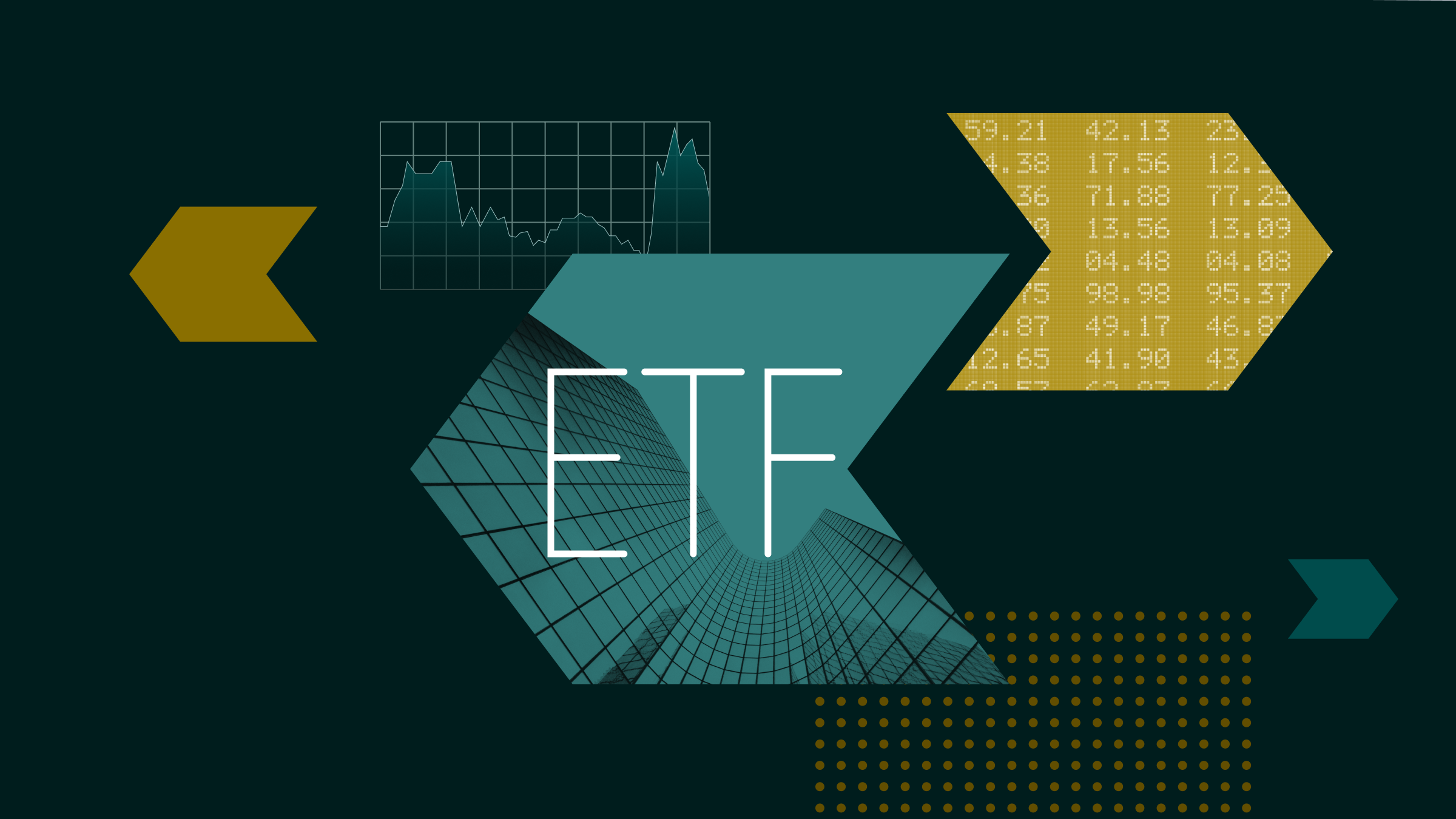The fund has enjoyed enormous popularity since its inception in 1995, gathering over £2 billion in assets as of March 2007. We’re not sure why, though, as we think investors looking to put their money in a FTSE All-Share tracker have better options available.
The problem is the fund, not the index. The FTSE All-Share is a good index to own for its broad exposure to the UK equity market. It represents about 98% of the market capitalisation of the UK equity market and is composed of all shares in the
FTSE 100, FTSE 250, and FTSE SmallCap indices (about 700 companies total). This fund tries to hold all of these firms proportionately, instead of using sampling techniques, which are a common practice among index managers to manage liquidity and efficiency in small- and micro-caps. The resulting portfolio offers fairly diversified exposure to UK equities.
On the cost front, though, this fund is extremely unattractive. Index funds are essentially commodities. Assuming reasonably competent management, they should deliver total return equal to that of the relevant index, less expenses and trading costs. It thus behooves investors to buy the cheapest offering they can. But this fund’s TER is 1%, which we view as shockingly high for a tracker that requires no research at all. Virgin literature implies the fee is a bargain, but that simply is not true. Several fund shops offer FTSE All-Share trackers for less, the cheapest being the Fidelity Moneybuilder UK Index, which charges a TER of just 0.3% per annum.
What’s more, we’re less than impressed with shareholder communication here. We were unable to locate current management factsheets or manager commentaries for the fund. Further, Virgin also recently switched the fund’s advisors from Henderson to State Street Global Advisors (SSgA), without making this change widely known to prospective investors. SSgA is a widely respected and experienced index management group and we’re confident in their expertise, but we believe Virgin should disclose any management changes clearly.
That said, the fund’s main failure is cost. A TER of 1% is far too high for a tracker fund, and we don’t think investors should pay it, particularly when much cheaper options are available.



























